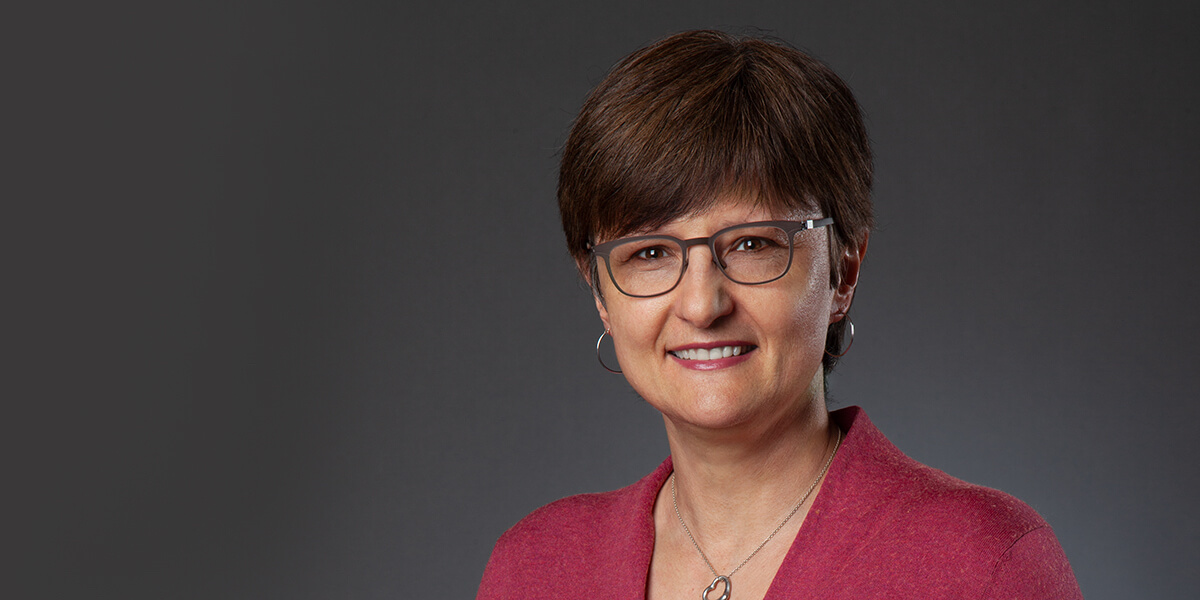Kristina Lerman elected an AAAI Fellow

Kristina Lerman, a research professor and principal scientist at USC Viterbi’s Information Sciences Institute, was named an AAAI fellow for her research in network science. She is the third researcher at ISI to receive the honor, after Craig Knoblock and Yolanda Gil.
Lerman, who has a strong passion for analyzing social systems, was recognized for her achievements in AI and machine learning.
“It felt very gratifying to win because it is an honor to be recognized and accepted by the community,” said Lerman.
Lerman dedicated this award to her second Ph.D. student, Rumi Ghosh, who passed away from cancer last year.
The Association for the Advancement of Artificial Intelligence Fellows program, AAAI, began in the early 1990s recognizing individuals in the computer science field who have made significant contributions over the course of a 10-year period. Every February, researchers from across the globe are chosen for their contributions towards their distinctive field.
To be considered an AAAI Fellow, researchers and scientists must fit into a specific category. Their work must either be revolutionary for future research progression or highlight a unique accomplishment in their long-standing careers, according to AAAI.
Lerman was selected as an AAAI Fellow for her extensive research in machine learning and understanding cognitive biases in social networks. She is currently interested in understanding how people react and respond to new technology, specifically in socially embedded AI.
“Social behaviors change qualitatively when you add AI algorithms to mediate the connections and interactions among people,” Lerman said.
Lerman is best known for her research in network science to understand the friendship paradox. Looking into commonly used social media platforms, Lerman discovered that people’s friends are perceived more popular than they are. Hence, perception bias is inevitable throughout network systems.
Looking at human behavior on a global scale, Lerman uses computers to identify important trends in the flow of information and patterns of influence online. She is also interested in how social networks and AI algorithms shape human experience online, which has recently led her to research in AI fairness, which investigates whether technology can adversely impact humans.
Lerman currently teaches an AI fairness course at USC Viterbi.
Published on April 14th, 2022
Last updated on May 16th, 2024